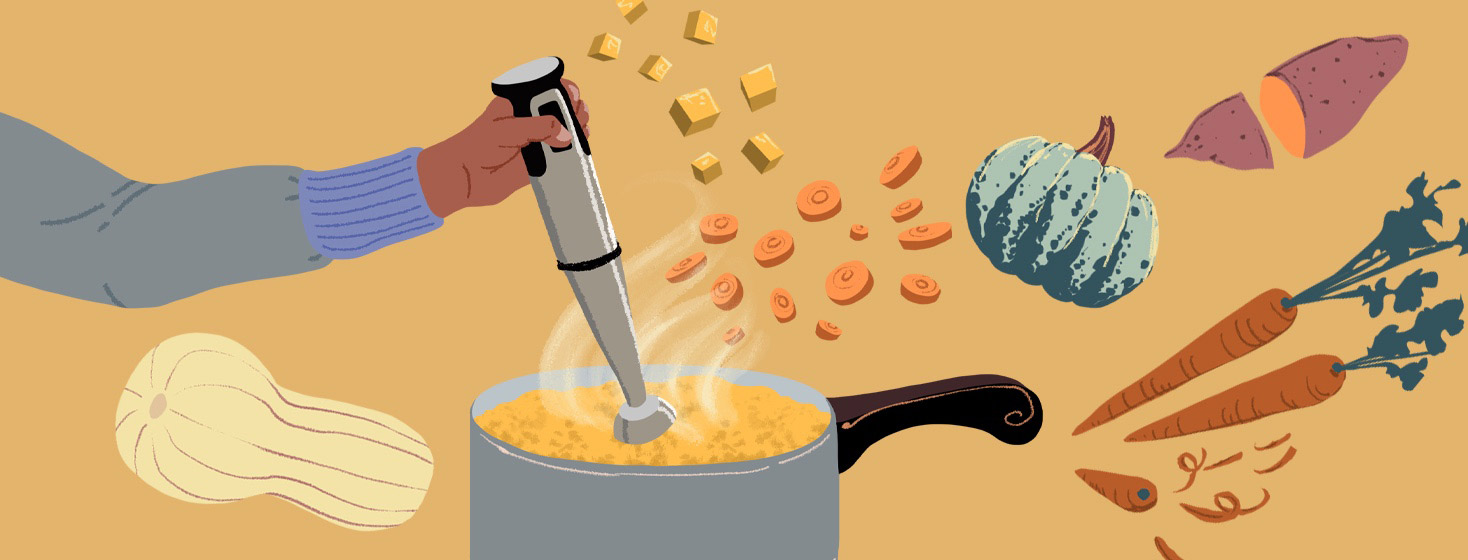The Only Foods I Can Eat During a Flare
The unpredictability of ulcerative colitis and Crohn's flares can be anxiety-inducing. I would constantly ask myself, "Is it ever going to get better?" when feeling down during a UC flare.
Over time, I've learned to recognize signs of an impending flare and take specific actions to help manage these challenging episodes.
Incoming! My early signs a UC flare
At the onset, I often start feeling increased urgency to use the bathroom, as if my body is sending me a warning signal. Diarrhea and abdominal pain may also follow, along with fatigue and brain fog.
More alarming signs include streaks of blood in my stool. If you experience this, too, don't hesitate to reach out to your healthcare provider, as blood in your stool is something you should not ignore.
Foods I take out of my diet during a flare
One of my first responses to sensing a flare is adjusting my diet. I temporarily reduce my fiber intake, saying goodbye to oatmeal, brown rice, solid fruits, and vegetables.
I also avoid my known trigger foods such as fried foods, alcohol, and caffeine, which can irritate my sensitive gut. The goal is to nourish my body while minimizing the risk of further aggravating the flare.
Featured Forum
View all responsesMy top 3 flare foods
Instead, I turn to soups made from blended vegetables, which are gentler on my intestines. I've found this to be effective over the years.
In addition to blended soups, to round out my top three "flare foods," I opt for more easily digestible things like Greek yogurt and mashed potatoes.
Restricting food can be emotional, too
Eating during a flare is a complex emotional experience, too, especially when food is so ingrained in the culture of where I live in New Orleans. Sometimes, it can feel isolating when friends go out to eat, and I am stuck at home with my soups. However, the fear of exacerbating my condition is enough to keep me home.
While I may miss out on some dining adventures, taking care of myself is my top priority. I'll surely enjoy some of the local cuisine after my flare subsides. In the meantime, I'll have to get creative in making some flare-friendly meals.
Keeping a food/symptom diary during flares
One valuable practice I've adopted is taking notes on my flare symptoms. Knowing my usual bathroom habits and stool consistency is important because it helps me become more attuned when things go off track.
Helpful things to include: what are your symptoms, when did they begin, what makes them better or worse? By documenting what I ate alongside the onset of urgency, changes in bowel movements, abdominal pain, and any blood in my stool, I create a valuable reference point for future flares and what might be my safer "flare foods."
Increase hydration, decrease stress
Staying hydrated is also important, especially with increased diarrhea. I prioritize drinking plenty of water, getting adequate rest, and managing my stress.
Interestingly, I've noticed a pattern during the last few flares. They all occurred when I was preparing for important school exams when stress levels were high. Despite being described as calm by friends and seeing myself that way, I was reminded of the strong connection between stress and the onset of my symptoms.
Gentle foods for a not-so-gentle illness
Living with IBD means navigating an intricate network of symptoms and dietary restrictions, especially during a flare.
While eating can be painful and stressful, finding comfort in a handful of gentle foods helps me cope and persevere through the challenges of UC.

Join the conversation